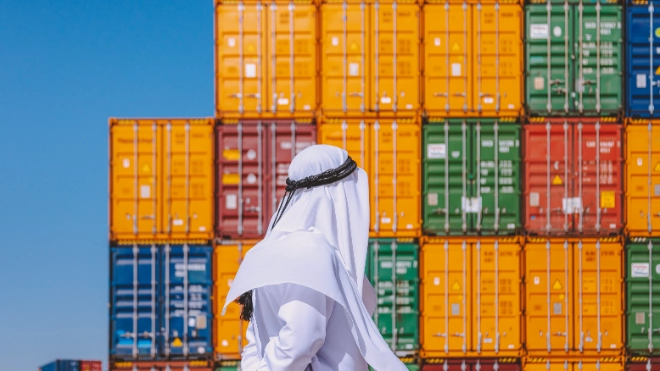
Het laatste nieuws en persberichten

Bekijk onze rapporten

Lees testimonials van onze klanten
This conflict marks an unprecedented development with potential effects for country risk across the region and beyond. The...


By voiding most IEEPA tariffs, the Supreme Court has reset the legal landscape, heightening uncertainty without meaningfully...

Europese bouwsector herstelt, maar laat wisselend beeld zien

Goed kredietrisicobeheer is cruciaal bij groeiende handel met India

An investigation involving Fed chairman Powell may weaken trust in US monetary policy, adding global headwinds and...

When a U.S. company files for Chapter 11 bankruptcy, the effects often reach far beyond America. For European creditors,...

Het agressieve beleid van de Amerikaanse regering druist in tegen het internationaal recht. Dit leidt wereldwijd...
Kijken op 7 van 84
Tariff-related economic uncertainty still weighs on commercial construction activity


Accelerating AI demand drives one of world’s fastest-growing industries

Asia drives pharma growth, although outlook for all regions remains healthy

Amid a fragmented global landscape, the EU and India are pursuing different strategies to build economic resilience...

Discover how the global economy is navigating trade tensions and uncertainty, with AI investment driving resilience and shaping growth prospects for 2026 and...

Industry growth slows as global trade applies the brakes

US tariffs, geopolitics and lower demand trigger a contraction of global automotive production in 2026
Kijken op 7 van 171
After adopting Atradius trade credit insurance, MBS found that their credit control processes improved so much that staff had more time to devote to clients.
Lacto chose Atradius over all other trade credit insurance companies, due to the responsiveness of their Account Manager and the quality of communication.
Australian startup Ayonz partnered with us to build a robust risk management platform, enabling them to focus on their core business and enjoy growth.
After some experiences of bad debt, Vero Design describes how we provide them with peace of mind, allowing them to focus on fireplace production and sales.
Inheriting Atradius credit insurance after an acquisition enabled E.ON to benefit from our dedicated solution for multinationals.
French lighting designer, Corep, uses credit insurance to maximise opportunities for growth and enable favourable factoring terms to secure cash flow.
Understanding the unique challenges Covid-19 brought to the healthcare industry, Atradius supported Philips Capital’s sector financing solutions.
Kijken op 7 van 19



































